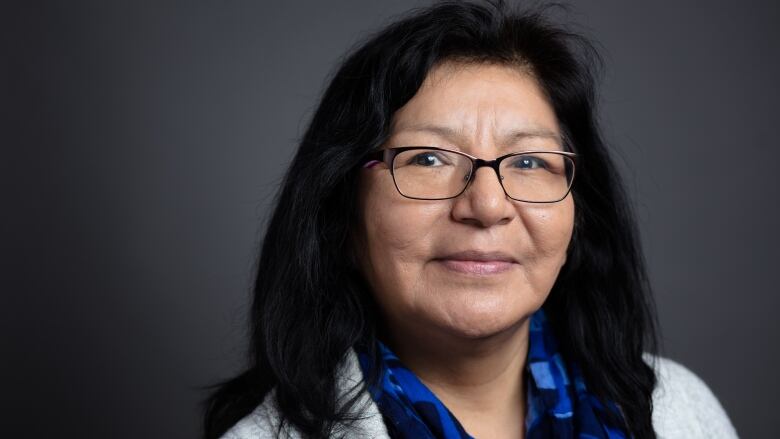'Discrimination and prejudice' leads to suicides in Ontario's remote north, chief says
Liberal support of NDP motion to spend $155M on Indigenous child welfare too late for some parents

A parliamentary motion today calling on the governmentto immediately invest $155 million in Indigenous child welfare comes too late for 16 young people who died this year in the Nishnawbe Aski Nation, says Deputy Grand Chief Anna Betty Achneepineskum.
The NDP are calling on the government to comply with a Canadian Human Rights Tribunal thatruled in January that the federal government hasconsistently failed to provideservices to First Nations children comparable to those offered by the provincial system.
Indigenous Affairs Minister Carolyn Bennett said on Monday that the Liberals are prepared to support the motion during Tuesday's vote.
- Liberals will support motion demanding action on First Nations child welfare
- 'Sad and brutal' death of First Nations teen in Kenora an example of federal neglect, NDP MP says
- First Nations losing 'babies' to suicide, chief says after 10-year-old dies
It's cold comfort to the families of 16 young people who have died by suicide this year in Ontario's remote First Nations, according toAchneepineskum, who represents the 49 communities of theNishnawbeAskiNation. Their combined population is approximately 45,000.
"Our children who live in these remote communities face discrimination and prejudice from the [government] policies that are in place," Achneepineskum said at a news conference held by the NDP on Monday. "Our children do not have the same services and resources when it comes to health, child welfare, education."
Achneepineskum said she would be attending the funeral for a young girl who died by suicide on Thursday.
"If this child had the mental health services that she was entitled to during the time she was in the child welfare system, would her family be burying her I don't think so," she said.
Both the Liberals and the NDP agree the current child welfare system is broken but they are at odds in their approach to fixing it.
Last week, Bennett announcedthe appointment of Cynthia Wesley-Esquimaux as a minister's special representative "tosit down with each of the provinces and the Yukon Territory, to be able to make those changes and the kinds of reforms we need.
"It is not acceptable that we, as the federal government pay the provinces and territories to deliver [child welfare services] and that kids aren't doing well," she said.
The NDP argue that the government already has all the information it needs to reform the system; that immediate investments are required to make the necessary changes; and that any reluctance to spend the money is flaunting the ruling of the human rights tribunal.
Spending more money on the welfare of Indigenous children is a solution the government has been aware of for decades, said Cindy Blackstock, the executive director of theFirst NationsChild and Family Caring Society.
The government needs to invest "more resources and energy into services for children in their homes," Blackstock read from a 1967 report during the news conference. "Homes in the Indian [sic] community should be helped to provide this service."
The burden of evidence in favour of increased spending weighs heavily on Achneepineskum.
"All of those reports, if they had been implemented, I don't think we would have 16 suicides this year," she said.












_(720p).jpg)


 OFFICIAL HD MUSIC VIDEO.jpg)
.jpg)



























































































